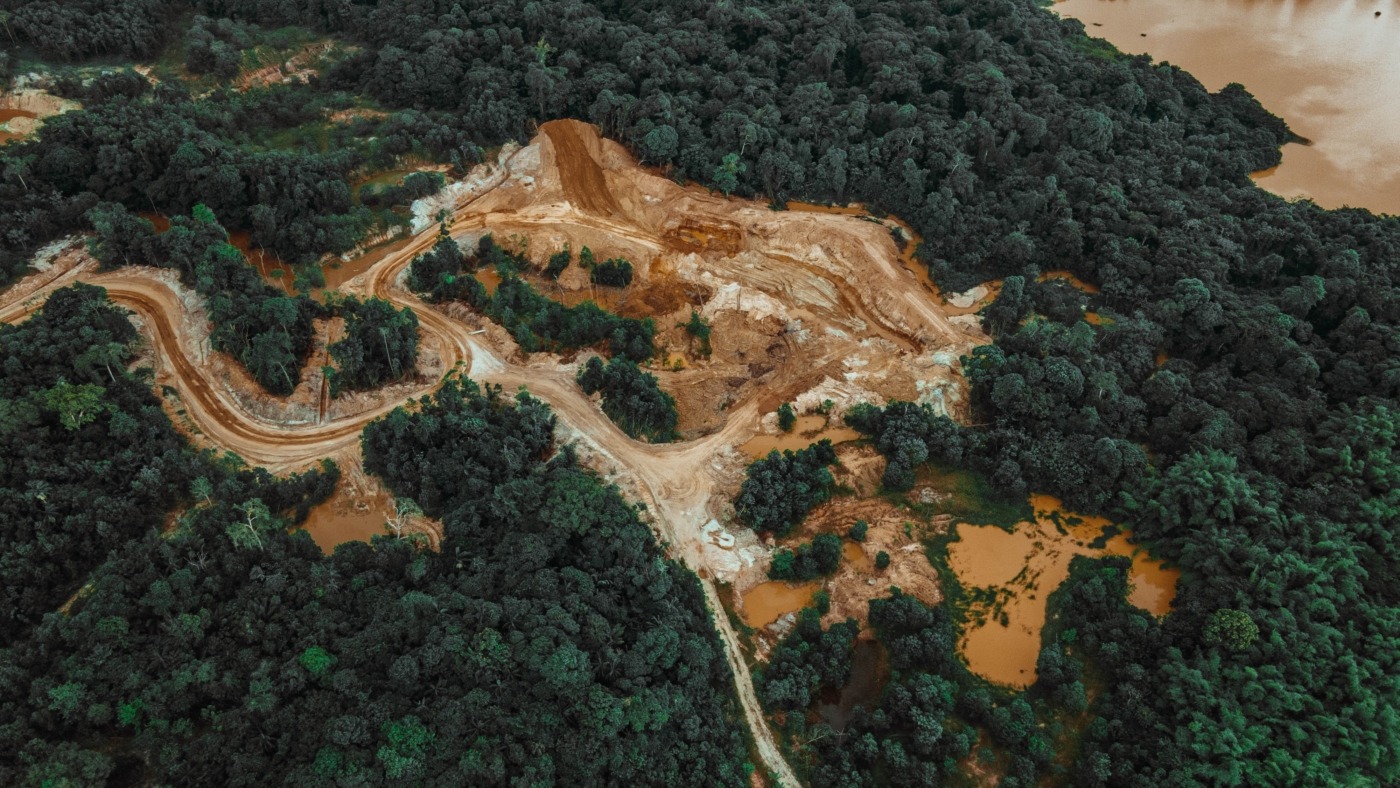COP26: World leaders agree to end deforestation by 2030
At the COP26 climate conference, more than 100 global leaders committed to halt deforestation by 2030. The commitment, which came on Tuesday 2 November, has been billed as one of the first significant steps of the summit, particularly as the signatories are from countries that are home to more than 85% of the world’s forests. The countries committed to “working collectively to halt and reverse forest loss and land degradation by 2030 while delivering sustainable development and promoting an inclusive rural transformation”. What does the agreement mean, and is it likely to succeed?
Felling trees contributes to climate change because it depletes forests, which absorb vast amounts of carbon dioxide: up to a third of our emissions each year. According to UN figures, 4.7m hectares of forest were lost each year between 2010-2020, and 420m hectares total have been lost since 1990. Agriculture is the main reason for this, and the forests are still depleting “at an alarming rate” despite some reforestation efforts. The countries who have signed the pledge (including Canada, Brazil, Russia, China, Indonesia, the Democratic Republic of the Congo, the US, and the UK) cover a large majority of the world’s forests, and their proposed fundings and efforts are the biggest global move ever to protect woodland. UK prime minister Boris Johnson is not wrong to hail the declaration as a “landmark agreement”.
There are no specific details in the agreement about how progress will be assessed, and what might happen if nations fail to implement it
Experts have welcomed the move. Justin Adams, chief executive of the Tropical Forest Alliance, said that these pledges signified “the biggest moment we’ve had in forests and nature, probably ever… it’s going to be something we look back on and say this is where we started to turn the tide”. However, there is some scepticism that the deal will actually work – 40 governments signed up to the New York Declaration on Forests in 2014, which aimed to half deforestation by 2020, and completely failed in the task.
There is also disappointment at the 2030 target, which a number of activists think is too far away. Dr Nigel Sizer, former president of the Rainforest Alliance, said that although the agreement is “a big deal”, he added: “we’re facing a climate emergency, so giving ourselves another 10 years to address this problem doesn’t quite seem consistent with that. But maybe this is realistic and the best that they can achieve.” Exactly how it will be achieved is somewhat in the air: there are no specific details in the agreement about how progress will be assessed, and what might happen if nations fail to implement it.
Money will also help support indigenous groups in protecting forests
Yet, despite a number of question marks, there are reasons to be positive here. The pledge includes around £14bn in both public and private funds to protect forests: with a £1.1bn fund to protect the world’s second largest tropical rainforest in the Congo Basin. Furthermore, 30 of the world’s biggest financial companies have promised to end investment in activities linked to deforestation. Their money will also help support indigenous groups in protecting forests, including by helping communities secure rights of tenure. Governments of 28 countries committed to remove deforestation from the global trade of food and other agricultural products, such as palm oil, soya, and cocoa.
Importantly, the deal’s signatories include a number of key countries, many of whom didn’t sign up in 2014. Brazilian president Jair Bolsonaro has signed, and his country boasts the Amazon, the planet’s largest rainforest. Bolsonaro’s rhetoric on green issues has been somewhat sketchy, and deforestation has reached a 12-year high during his presidency. But in recent months, his tone on protecting the rainforest has softened. Russia has more than a fifth of the planet’s trees, capturing more than 1.5bn tons of carbon annually, and Indonesia is the world’s largest exporter of palm oil, the production of which really drives tree destruction. If these nations in particular actively engage with the agreement, it’s likely that actual progress will emerge as a result.
A lot of the nitty-gritty details are yet to emerge, but on the face of it, this climate commitment is a very significant one. Policies that protect trees, and encourage the planting of new ones, are a key part of the solutions-based approach to tackling climate change, so there are many reasons to be optimistic about this news.


Comments